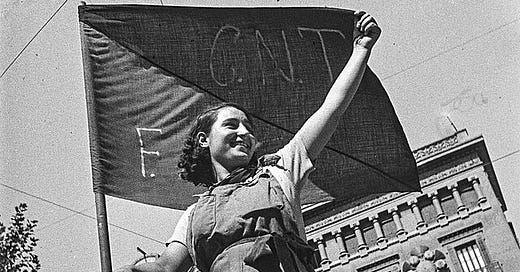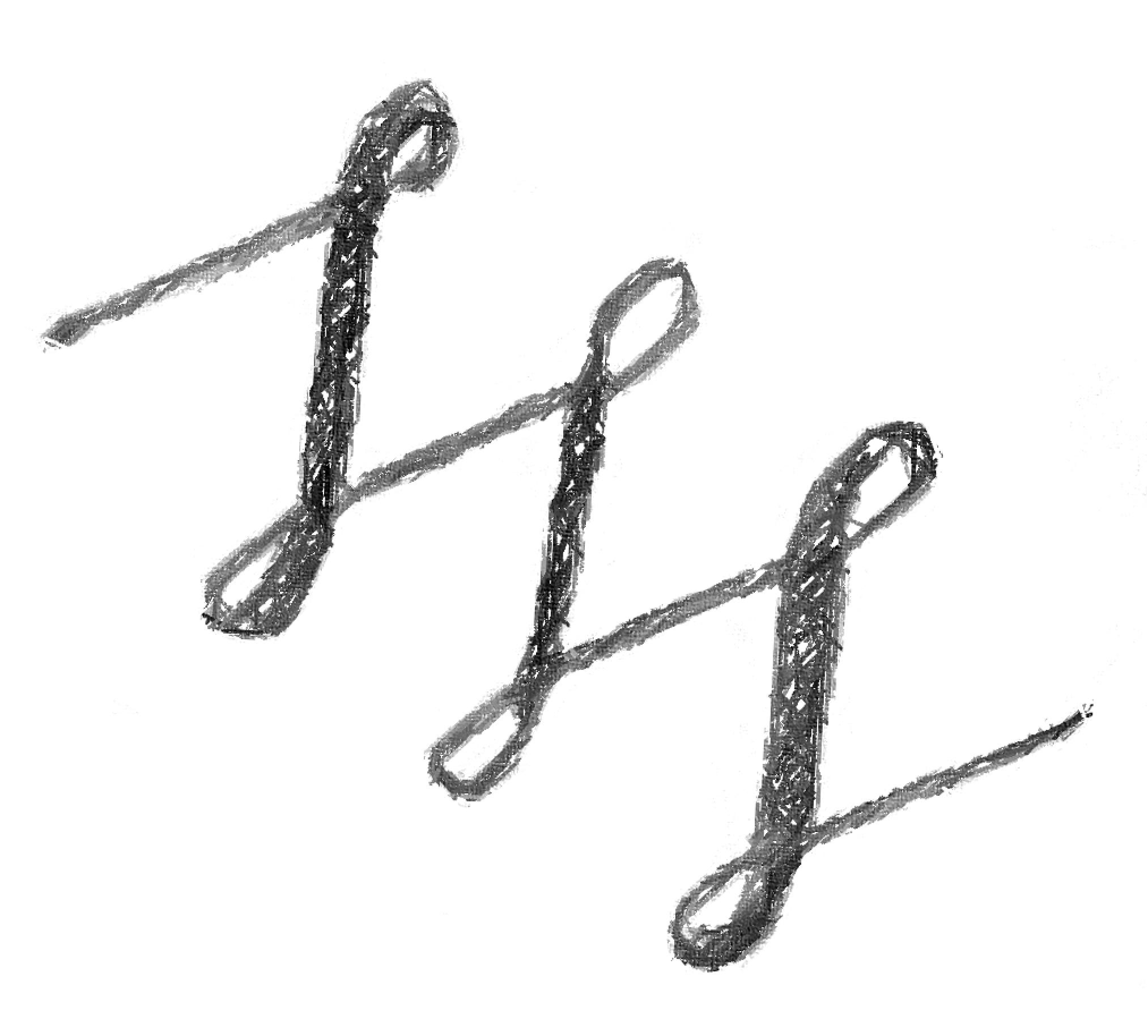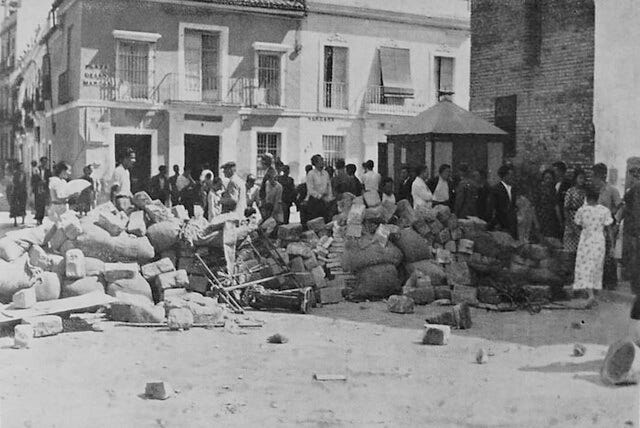Hi all,
Thank you for joining me for today’s song, "Warszawianka" (also known as "Varshavianka" and “A las barricadas”). There are several versions you can listen to below. Comments and questions are welcome. For Japanese students, vocabulary words in bold are provided in Japanese below. TOEIC (PBT) 450+, Eiken 2, CEFR B1.
Did you know you can listen to each article of “Social Issues in Song” on the Substack App? Download the app here:
(777)
Poland, Late 1800s
The man who wrote the original song, Waclaw Święcicki, was born in Warsaw in 1848. His father was a pharmacist. He studied at the School of Economics in Warsaw and later at the Saint Petersburg Institute of Technology. Waclaw got involved with a group of students who believed in socialism, which was against the law at the time. In 1877, he was arrested for joining protests and was sent to prison in Warsaw in 1878 along with other activists.
While in prison, Waclaw wrote poems and even helped create an illegal newspaper. One of his poems was set to an old Polish melody. He published this song in 1883 in a magazine called Proletariad, after returning from exile in Siberia. The song became famous as Warszawianka 1905. It was first sung at a workers' demonstration in Warsaw on March 2, 1885, and soon became popular all over Europe. The song's lyrics talked about the Polish people's fight against the tsar and their struggle for rights. Sadly, Waclaw became ill, probably from the hard exile, and died in 1900.
Original Polish version simplified:
Let’s lift our flag high, even when things are tough and the storm is strong. Even when bad things happen to us today, and no one knows what will happen tomorrow. This flag belongs to all people. It’s a call for justice and fairness for everyone. It shows the victory of hard work and the hope for a better future where everyone is like family.
March, Warsaw / To the fight / Brave and right / March, march, Warsaw
We will bring down the crowns of the tsars, while the people suffer. We will cover the thrones with the blood of those who fight for freedom! This is our strong revenge against the pain of millions of people. Revenge against the tsars and the rich who hurt us. One day, we will enjoy the fruits of a better future!
Spain 1936
The song reached Spain thanks to a young German. It was translated into Spanish, ¡A las barricadas!, by Valeriano Orobón Fernández and into Catalan by Joan Dotras with words that supported anarchist ideas. The anthem was created for the CNT, and during the Spanish Civil War (1936-1939) it became a powerful symbol for the workers and their fight for rights. (Read more about the Spanish Civil War here.)
There are a couple of lines that need explanation. We must topple the reaction "Reactionary forces" are groups or people who want to keep things the way they are or go back to old ways, especially when others want change. They resist new ideas or progress because they prefer the old traditions and ways of doing things
To the barricades / for the triumph of the Confederation
The Confederation was a large group of smaller groups that worked together against the right-wing reactionary forces.
Spanish/English
Paris 1968
"Warszawianka" was sung during the May 1968 protests in Paris. The song resonated with the spirit of the protests. The May 1968 events in Paris saw students and workers demonstrate against the government, capitalism, and traditional institutions. The song's themes of struggle and resistance made it a popular anthem for the protesters.
French/English
Japan 1969
In the book, Near Past: Inside Japan's student uprisings of the 1960s, author Akira Kawaguchi talks about the problems at Tokyo University in 1969 which centered around issues of students taking a leadership role in the university and freedom in what students wanted to study. He was one of the students arrested in the protests. When Kawaguchi was moved to the Tokyo Detention House, his friends who were still in the cell sang the “Warszawianka” together and sent him off with cheers.
Japanese/English
Sweden 1960s
A Swedish version highlights the cause of demanding equal rights for women (1960s-1970s):
More and more women are fighting
fighting against demands and myths about how we should be
fighting against oppression in the world
fighting against capital and patriarchy
We follow in the footsteps of fighting sisters
women who have fought for the cause of freedom
brave and proud in the fight we glow
marching together to fight for our rights
We follow in the footsteps of fighting sisters
women who fought for the cause of freedom
brave and proud in the fight we glow
Over time, different countries like Russia, Germany, France, Italy, Argentina, China, The Netherlands, Finland, and England, and languages such as Catalan, made their own versions of the song. Each time, the lyrics were changed to fit the conditions of the people singing the song at that time.
According to Wikipedia, "In the early 2010s, Zin Lin, a Burmese student activist, wrote a Burmese version of the song based on the Spanish version."
Question:
Do you know of any other song that has been translated into so many languages and sung around the world?
Vocabulary
pharmacist 薬剤師
socialism 社会主義
exile 亡命
tsar 皇帝
struggle 闘争
throne 王位
revenge 復讐
anarchist 無政府主義者
topple 打倒
reactionary forces 反動勢力
triumph 勝利
resonate 共鳴
capitalism 資本主義
resistance 抵抗
(be) arrested 逮捕される
myth 神話
oppression 抑圧
patriarchy 家父長制
glow 輝き
Sources
Kawaguchi, A. (2019). Near Past: Inside Japan's student uprisings of the 1960s. Akira Kawaguchi. Japan. (Available on Kindle)
Soler Alomà, M. E. (2017) L'himne anarquista "¡A LES BARRICADES!" i el cas del músic Joan Dotras Vila Sessió d'Estudis Mataronins, ISSN-e 2385-4774, ISSN 2385-4766, Nº. 34, 2018, págs. 225-248. https://www.raco.cat/index.php/SessioEstudisMataronins/article/download/347440/441896 Accessed 24 Aug 2024.
Warszawianka 1905 roku [Варшавянка; La Varsovienne; ¡a las barricadas!]. Antiwar Songs (AWS). https://antiwarsongs.org/canzone.php/canzone.php?lang=en&id=6506#agg14036 Accessed 24 Aug 2024.
Wikimedia Foundation. (2024, April 18). Whirlwinds of danger. Wikipedia. https://en.wikipedia.org/wiki/Whirlwinds_of_Danger Accessed 24 Aug 2024.








